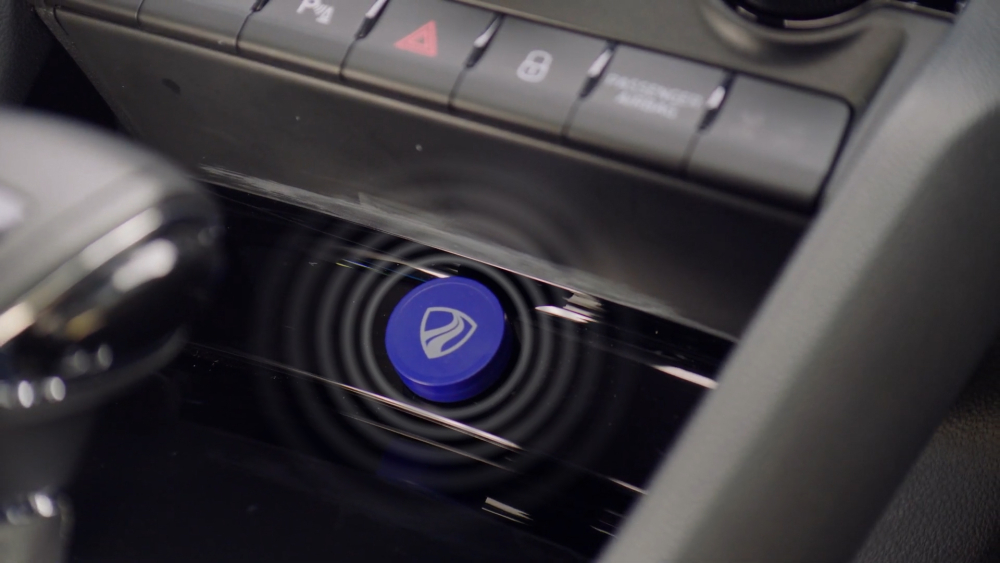
GPS: friend or foe for usage-based insurance (UBI)?
The insurance industry may be quite traditional at heart, but it's transitioning, albeit slowly. More and more IOT solutions are popping up and embraced wholly by an ever increasing number of insurers. When car insurance is concerned, telematics seems to be a no-brainer. The advantages outweigh the disadvantages by a clear margin. If you're still struggling on that one, be sure to read SafeDrivePod and UBI. With the demand growing, nearly all suppliers of telematics solutions are opting for GPS and location based tracking. With this, a legitimate question arises: is that really the way to go, especially with the concerns and pushbacks regarding end user privacy?
Big Data: not always as good as it sounds
Privacy watchdogs in countries all over the world are voicing a growing concern: that of insurers collecting data left and right. At the same time, they're warning insurers to stop collecting data at random. That's very sound advice, and not only from a privacy perspective. Carefully considering which data you need - and don't need - greatly improves the practical usability of data, and prevents an information overload of both people and systems. What may even be more important, is the notion that tracking less data puts less stress on the environment. It's something that gets mentioned more and more when discussing Big Data, and rightfully so. Think about the thousands of data centers, churning away at huge heaps of useful - but also useless - data. Data centers are expected to consume 20% of the world's power supply by 2025, so maybe we should be doing better. So, when we're focusing on the 'how' of data collection, we should also be mindful of the 'why'.
GPS-less and location-less telematics
We're asked this question many times over: "Telematics without GPS and/or location based tracking, is that even possible?" Yes, it sure is. We've been doing nothing else ever since the start of our company back in 2016. We can dou you one better, even: we could easily offer GPS and location based tracking - the hardware is there - but we simply won't. Then why are all of our competitors not following suit? Well, there are a few simple explanations. Most of the other suppliers of telematics solutions are rooted in the track-and-trace-business, where location based tracking is an obvious choice. Sometimes, suppliers or vendors aren't familiar with unconventional or substitute technologies, evenif they may offer more detailed insight in driving behavior. What also happens is that the customer desperately wants a telematics solution that uses GPS or location based tracking, simply not knowing - or not being informed - of very sensible alternatives that use sensory input and motion tracking.
What do you really need
Ask yourself this question: is 'location' really that important of a variable, when all you want to do is monitor and analyse driving behavior? We don't think it is. In the sense of telematics, 'motion' and 'location' aren't related in anyway. Ask yourself this follow-up question as well: is it wise to track customers 24 hours a day, seven days a week, only to get a broad idea of their driving behavior? Because that's all your getting when you use GPS or location based tracking. Still in doubt? Then be sure to ask your customers the same question. Surely they'll need a lot less time to say 'no'.
Low-impact, high yield
To us it's as clear as day. When telematics are concerned, insurers should say 'no' to GPS or location based tracking. Even if the majority of suppliers and vendors swear by it. The best solution for monitoring individual driving behavior is a balancing act between obtaining only as much data as you need, whilst still getting a very detailed 'fingerprint' of your customer.
Sure, we are biased to a degree. However, low impact on privacy, a great adoption rate and a high yield in reducing unwanted driving behavior is what we aim for. In the meantime, reducing risks, damages and avoiding high rates is the overall goal. You can trust us when we say that telematics without GPS and location based tracking is a win for everyone.
Do you want to know more about telematics without GPS or location based tracking? Curious as to what it could mean for your particular use case? Be sure to contact us and we can discuss it further.